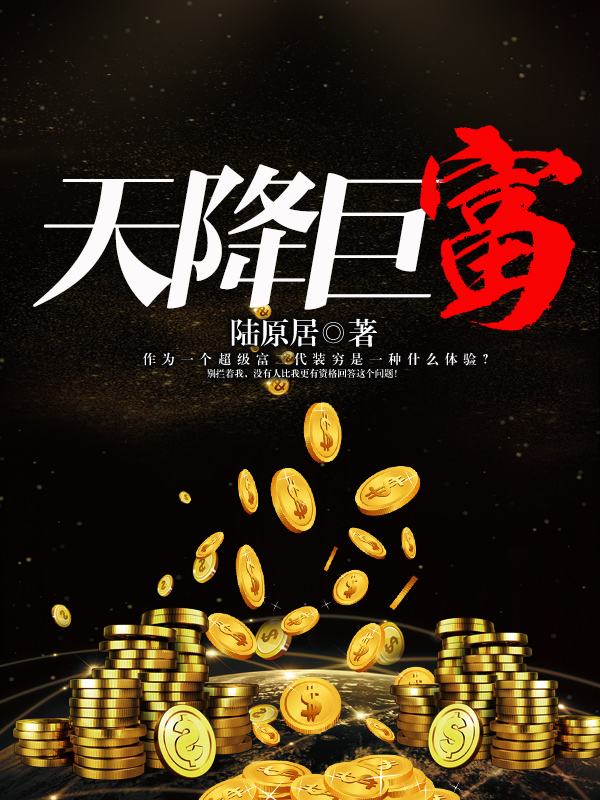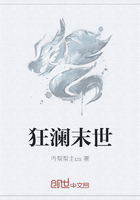The theory of language which is propounded in the Cratylus is in accordance with the later phase of the philosophy of Plato, and would have been regarded by him as in the main true. The dialogue is also a satire on the philological fancies of the day. Socrates in pursuit of his vocation as a detector of false knowledge, lights by accident on the truth. He is guessing, he is dreaming; he has heard, as he says in the Phaedrus, from another: no one is more surprised than himself at his own discoveries.
And yet some of his best remarks, as for example his view of the derivation of Greek words from other languages, or of the permutations of letters, or again, his observation that in speaking of the Gods we are only speaking of our names of them, occur among these flights of humour.
We can imagine a character having a profound insight into the nature of men and things, and yet hardly dwelling upon them seriously; blending inextricably sense and nonsense; sometimes enveloping in a blaze of jests the most serious matters, and then again allowing the truth to peer through; enjoying the flow of his own humour, and puzzling mankind by an ironical exaggeration of their absurdities. Such were Aristophanes and Rabelais; such, in a different style, were Sterne, Jean Paul, Hamann,--writers who sometimes become unintelligible through the extravagance of their fancies. Such is the character which Plato intends to depict in some of his dialogues as the Silenus Socrates; and through this medium we have to receive our theory of language.
There remains a difficulty which seems to demand a more exact answer: In what relation does the satirical or etymological portion of the dialogue stand to the serious? Granting all that can be said about the provoking irony of Socrates, about the parody of Euthyphro, or Prodicus, or Antisthenes, how does the long catalogue of etymologies furnish any answer to the question of Hermogenes, which is evidently the main thesis of the dialogue: What is the truth, or correctness, or principle of names?
After illustrating the nature of correctness by the analogy of the arts, and then, as in the Republic, ironically appealing to the authority of the Homeric poems, Socrates shows that the truth or correctness of names can only be ascertained by an appeal to etymology. The truth of names is to be found in the analysis of their elements. But why does he admit etymologies which are absurd, based on Heracleitean fancies, fourfold interpretations of words, impossible unions and separations of syllables and letters?
1. The answer to this difficulty has been already anticipated in part:
Socrates is not a dogmatic teacher, and therefore he puts on this wild and fanciful disguise, in order that the truth may be permitted to appear: 2. as Benfey remarks, an erroneous example may illustrate a principle of language as well as a true one: 3. many of these etymologies, as, for example, that of dikaion, are indicated, by the manner in which Socrates speaks of them, to have been current in his own age: 4. the philosophy of language had not made such progress as would have justified Plato in propounding real derivations. Like his master Socrates, he saw through the hollowness of the incipient sciences of the day, and tries to move in a circle apart from them, laying down the conditions under which they are to be pursued, but, as in the Timaeus, cautious and tentative, when he is speaking of actual phenomena. To have made etymologies seriously, would have seemed to him like the interpretation of the myths in the Phaedrus, the task 'of a not very fortunate individual, who had a great deal of time on his hands.' The irony of Socrates places him above and beyond the errors of his contemporaries.
The Cratylus is full of humour and satirical touches: the inspiration which comes from Euthyphro, and his prancing steeds, the light admixture of quotations from Homer, and the spurious dialectic which is applied to them; the jest about the fifty-drachma course of Prodicus, which is declared on the best authority, viz. his own, to be a complete education in grammar and rhetoric; the double explanation of the name Hermogenes, either as 'not being in luck,' or 'being no speaker;' the dearly-bought wisdom of Callias, the Lacedaemonian whose name was 'Rush,' and, above all, the pleasure which Socrates expresses in his own dangerous discoveries, which 'to-morrow he will purge away,' are truly humorous. While delivering a lecture on the philosophy of language, Socrates is also satirizing the endless fertility of the human mind in spinning arguments out of nothing, and employing the most trifling and fanciful analogies in support of a theory. Etymology in ancient as in modern times was a favourite recreation; and Socrates makes merry at the expense of the etymologists. The simplicity of Hermogenes, who is ready to believe anything that he is told, heightens the effect.















